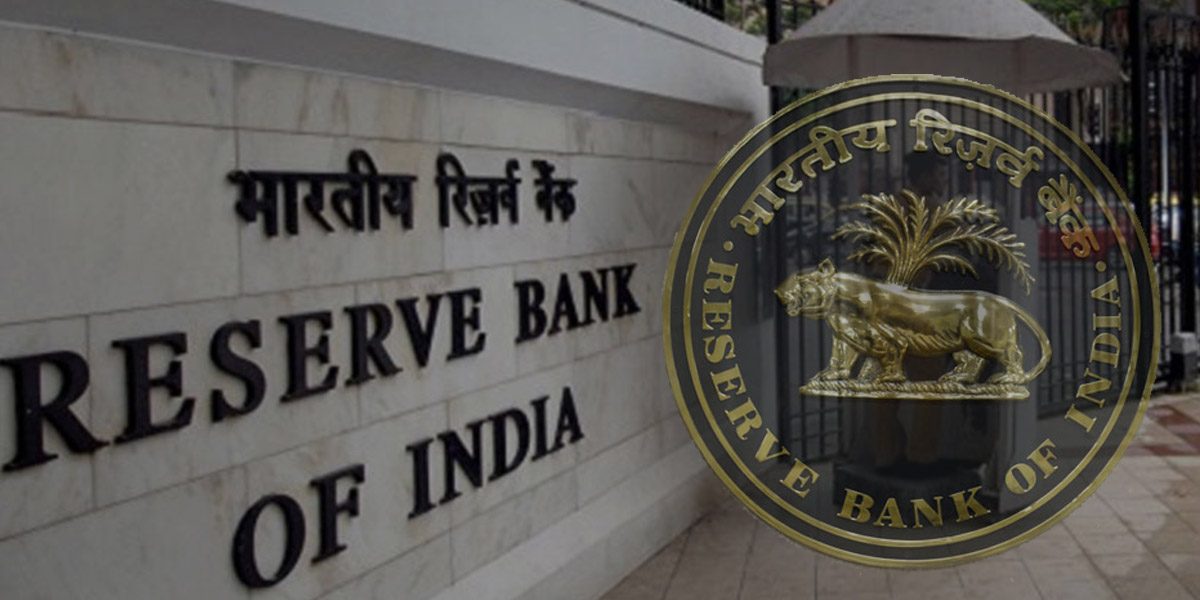The Reserve Bank of India announced on Tuesday that it would start piloting its central bank digital currency, the e-Rupee, or ‘e₹-R,’ on Thursday. Starting December 1, users in select cities will be able to pay for certain goods and services with a financial instrument that will store their e-Rupees.
E-Rupees will not gain interest, and stay at their face value, but can be used to purchase a bank deposit of an equivalent value, the RBI said. “Payments to merchants can be made using QR codes displayed at merchant locations,” the central bank said in its announcement. “The e₹-R would offer features of physical cash like trust, safety and settlement finality.”
The first phase will begin with the State Bank of India, ICICI Bank, Yes Bank and IDFC First Bank in Mumbai, New Delhi, Bengaluru and Bhubaneswar. The pilot will then be expanded to Ahmedabad, Gangtok, Guwahati, Hyderabad, Indore, Kochi, Lucknow, Patna and Shimla, the central bank said.
In October, the RBI explained its reasoning for going ahead with a CBDC project, even though India already had UPI payments widely available and a large industry of mobile wallet operators like Paytm and Mobikwik. “CBDCs have some clear advantages over other digital payments systems, as it being a sovereign currency, ensures settlement finality and thus reduces settlement risk in the financial system,” the RBI said.
It also pointed to the volatility of cryptocurrencies, which it has sought to ban in the past. “Central Banks seek to meet the public’s need for digital currencies, manifested in the increasing use of private virtual currencies, and thereby avoid the more damaging consequences of such private currencies,” the bank said.
Printing and maintaining physical currencies was also incredibly difficult, the RBI said. As such, it appears that the RBI is looking at CBDCs not just as an alternative payment method competing with wallets and UPI, but as a replacement of cash as a store of value. This could have incredible consequences if the e-Rupee is introduced into the economy at the level that cash is.
Critics have raised concerns on the potential growth of financial surveillance, along with the potential for currency to be remotely disabled, which is something that cannot happen to cash. “While the RBI has developed an index to gauge the levels of financial inclusion in the country, there is no comparable gauge for the level of digital inclusion,” the Financial Express pointed out in an editorial, pointing to digital exclusion as a risk.














